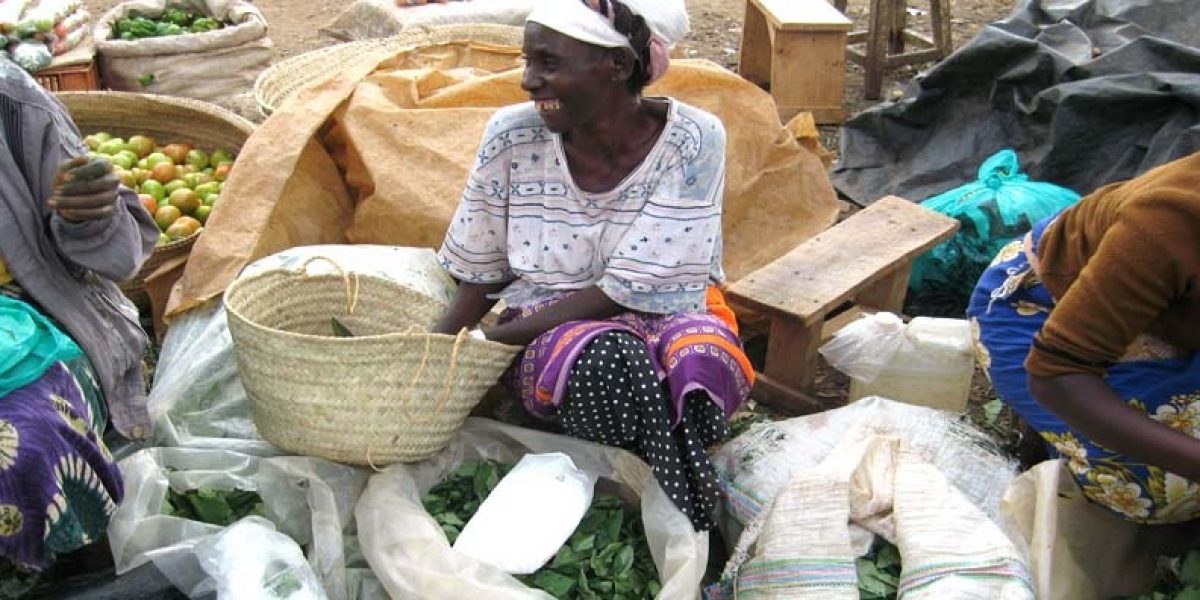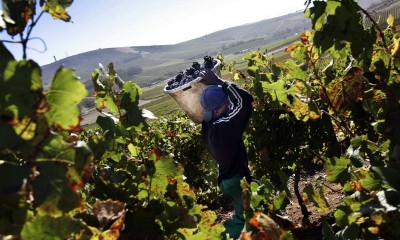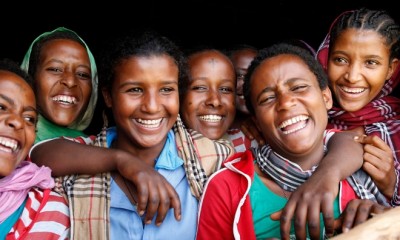The event was also an opportunity to share practical solutions to boosting inclusive trade and development.
Here are some of the policy recommendations made at the workshop:
- Addressing Issues at the borderThere must be targeted capacity building by tech officials to assist border officials in implementing automated customs systems. These initiatives should be prioritised at borders that link strategic cross-border infrastructure. It is also important that border procedures are translated into local languages to make cross-border trade more accessible. To ensure these changes are effective, there must clear delineation of which officials have authority over the different procedures.
- Capacitating SME tradersNGOs and donors such as Aid for Trade should provide training programmes for new and emerging SMEs interested in engaging in cross-border trade, in order to improve competitiveness for international export, supported by enabling government policy. There needs to be a strong focus on sustainability standards, which are becoming increasingly important for products throughout the world and differ across countries. NGOs and donors should also assist in forming associations and cooperatives for small traders to build their capacity to negotiate and process paperwork at borders. They should also provide training in the use of digital technologies to help traders adapt to new customs procedures and decrease time spent at the border.
- Ensuring gender inclusivity in tradeIt is important that government mandates supportive facilities for women, such as accommodation, childcare and cold storage at the border. Capacity support specific to potential women exporters is also needed. This should include programmes to support changing customs around land ownership, the creation of gender-responsive investment products such as gender/social impact bonds and debt and equity products with more concessionary terms. At a policy level, it is important for women’s organisations as well as international partners such as UNCTAD and UNECA to apply pressure on governments to broaden the collection of ex-ante and ex-post gender disaggregated data. Regional economic communities should also develop regional frameworks and standards for gender benchmarking to measure this data. Gender should be included in FTA and value chain analyses, and ultimately in FTA provisions. To improve the effectiveness of these policies, governments should allocate budget for gender sensitive training in ministries.
Chelsea Markowitz is a Researcher at the Economic Diplomacy Programme at SAIIA.







